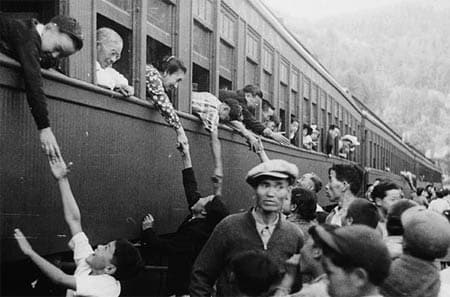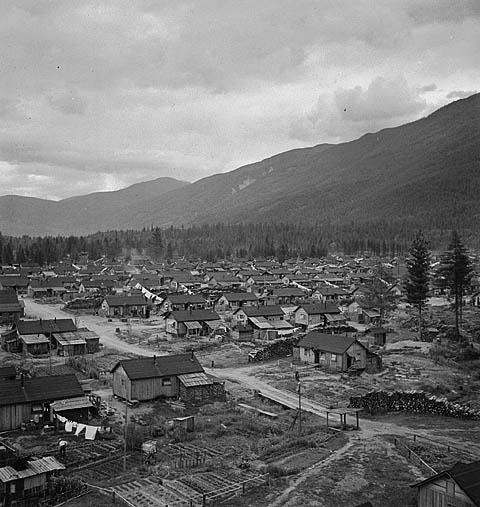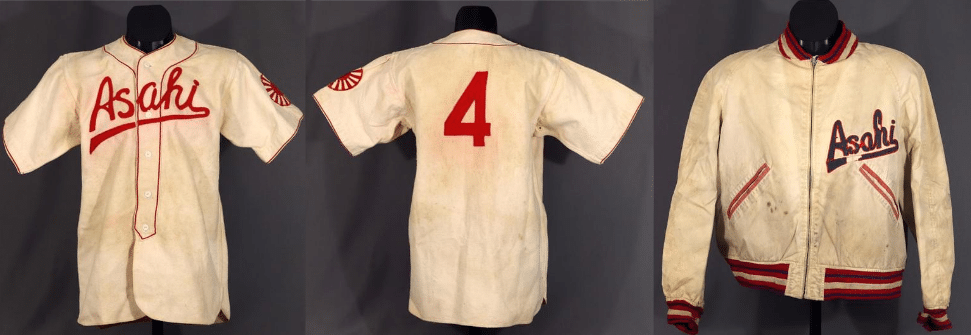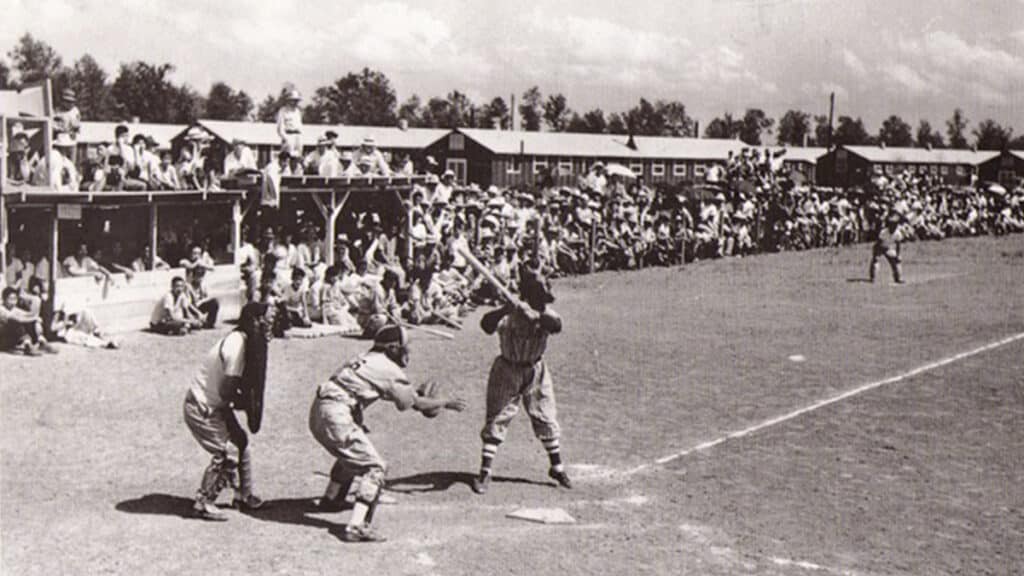Dispansion:
Tragedy Strikes


Part of the War Measures Act against Japanese-Canadians included seizure of property. Any items which could not be physically carried to the camps became government property or were left for the taking. Because of this, few original uniforms from the Vancouver Asahi remain, although the Canadian Baseball Hall of Fame and Museum has some items in its collection. Their existence shows how important baseball was to these men, and that these uniforms, and the memories they held, were too important to leave behind.


In 1945, when the war ended, Japanese-Canadians began to be released from these internment camps, although their citizenship rights were not given back until 1949. Instead, Japanese-Canadians were encouraged to go east or in some cases were pressured to relocate to Japan. Although they were “free”, things would never truly go back to the way they were, and the enactment of the internment camps in B.C. is now acknowledged as one of the worst human rights violations in B.C. ‘s history. In 1988, the Canadian Government formally apologized to Japanese Canadian survivors and their families. You can find the apology here:
https://www.cbc.ca/archives/government-apologizes-to-japanese-canadians-in-1988-1.4680546.












